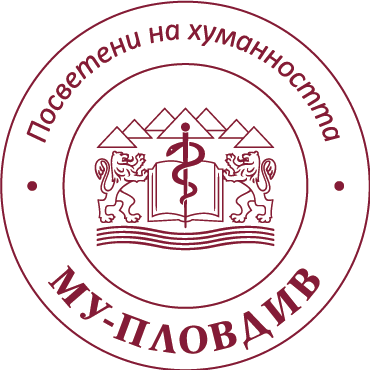Bulgaria has made significant progress over the past few decades to improve socio-economic development and governance. As a result, the country has improved living standards and established stronger, more democratic governance structures. Reforms have been supported by a strong commitment to European Union (EU) integration, which also led Bulgaria to launch education reforms aimed at raising learning outcomes, increasing equity and addressing governance challenges like how to manage the supply and demand of teachers and allocate school resources, with increasing levels of decentralization. Bulgaria’s 2016 Pre-school and School Education Act also introduced significant policy changes that, among other things, established a new framework to evaluate schools and started rolling out a new student-centred, competency-based curriculum.






